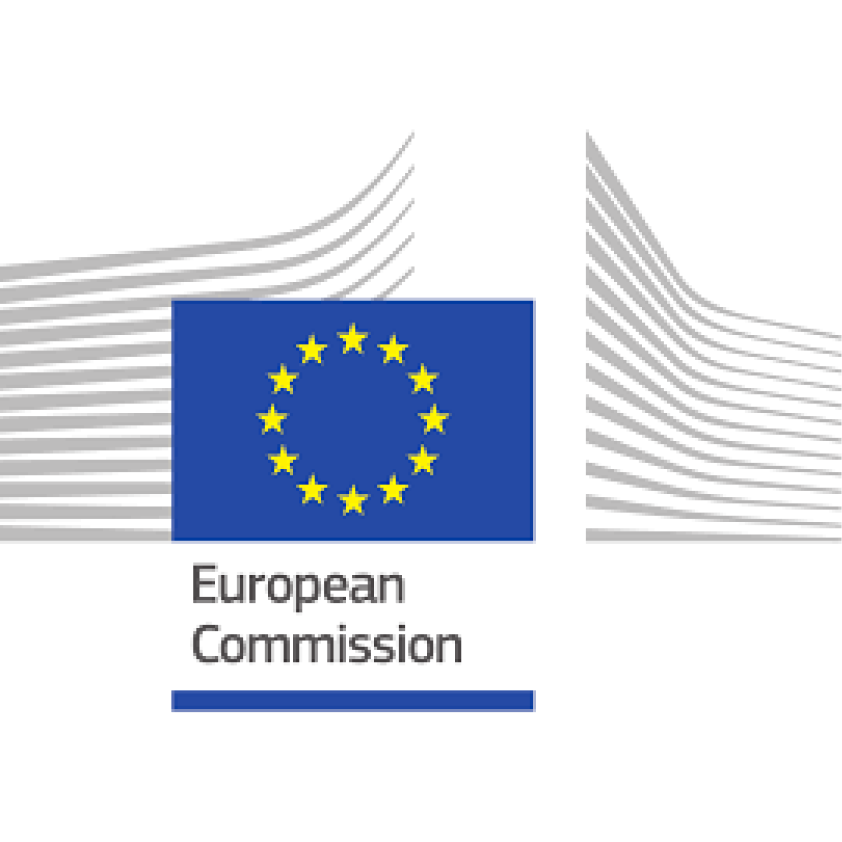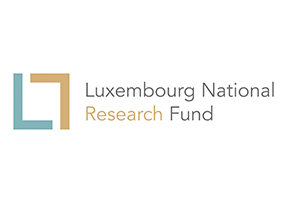
Luxembourg
Overview
European Commission

Mandated Organisation

EOSC Steering Board representatives


On the 14th of December 2015, Luxembourg’s research institutions all signed and adopted the following common principles on Open Access which provide an overarching framework for individual research institution policies on Open Access.
Please note that individual institution policies on Open Access may include more specific conditions.
1. Dissemination of research results through publication is an integral part of the research activity.
2. Publicly funded research outputs must be disseminated via high-quality, peer-reviewed publications, and opportunities to make results available in Open Access must be maximised.
3. Nationally funded research outputs should be published with a CC-BY attribution licence, allowing the information to be copied and reused.
4. Peer reviewed journal articles and other research outputs resulting in whole or in part from publicly funded research shall be deposited in an Open Access repository and made publicly discoverable, accessible and re-usable as soon as possible and on an on-going basis. The chosen repository must enable authors and institutions to easily comply with legal deposit laws and provide comprehensive publication metadata to digital libraries.
5. Researchers may choose any of the valid approaches to Open Access. They are encouraged to exclusively select routes where quality is ensured, and double-dipping is avoided.
6. Repositories shall release the metadata immediately upon deposit. Open access to the full text paper should be made immediately upon deposit or upon the publication date at the latest.
7. Long-term digital preservation of publications as well as long-term access to them will be guaranteed by the National Library of Luxembourg, due to its legal obligation of preservation of the country’s published materials.
Luxembourg National Research Fund (FNR)
The Luxembourg National Research Fund (FNR), the mandated organisation (MO) in Luxembourg for EOSC, takes up a coordination role regarding Open Science.
The FNR Strategy 2022-2025 mentions the importance of OS, the commitment from the FNR towards OS, EOSC and other European initiatives in priority 1, and how it wants to engage and support and fund all linked projects throughout the country:
“We will continue to implement Open Science principles in reference to the UNESCO Recommendation on Open Science and in cooperation and close alignment with the European Commission and other funders through participation in cOAlition S and in the European Open Science Cloud (EOSC) Association. We will extend funding mechanisms to support the management of research data, by transforming our existing Open Access Fund to support Open Science and research data management initiatives in a broader and more coherent manner. We will also work together with the Luxembourg National Library to support a national repository for research publications, support national framework contracts with open access publishers, as well as providing support for archival research.”
Action points in the Strategy Plan:
● The FNR will extend funding mechanisms to support the management of research data, by transforming our existing Open Access Fund to support Open Science and research data management initiatives in a broader and more coherent manner.
● The FNR will work together with the Luxembourg National Library to support a national repository for research publications, support national framework contract with open access publishers, as well as providing support for archival research.
● Through the NCER programme, the FNR will provide support for research infrastructures that are of broad national relevance, such as testbeds, living labs, demonstrators, piloting facilities, data curation and integration facilities, and others.
● The FNR will participate in the Open Research Europe publishing platform when this becomes available.
Researchers and research institutions are expected to ensure appropriate stewardship and curation of research data. To this end, FNR requires a Data Management Plan (DMP) to be drafted for all projects accepted for funding. At the start of the project, a template is made available on FNR’s Grant Management Platform. This document can be accessed and should be continuously updated during the entire project period.
Since research data are an integral output of FNR-funded projects, we expect researchers and institutions to ensure the preservation of these data by deposition in a trusted repository in such a way that the data are as findable, accessible, interoperable, and reusable (FAIR) as possible. A persistent identifier (such as a Digital Object Identifier –DOI) should be applied to each data set, so that data can be reliably and efficiently located and referred to.
- FNR’s Policy on Research Data Management applies to all projects funded by the FNR since 1 January 2021.
- FNR is strongly engaged in European and international fora and associations that shape Open Access policies.
- FNR is a member of cOAlition S an international consortium of research funding and performing organizations that implement the Open Access initiative Plan S in a coordinated way.
- FNR is a member of ORCID
- FNR is a signatory of the Berlin Declaration on Open Access to Knowledge in the Sciences and Humanities
- FNR is a signatory and supporting organization of DORA – the San Francisco Declaration on Research Assessment
- FNR is a signatory and member of CoARA – the Coalition for Advancing Research Assessment
- The FNR has been one of the co-initiators of Plan S
Policies
FNR Strategy 2022-2025
The FNR has introduced a mandatory Open Access policy for peer-reviewed scientific publications from FNR (co-)funded projects granted after 1 January 2017 and academic books after 1 January 2023.
All policies on Open Science, such as Open Access and Data Management Plans can be found on the FNR website.
EU Projects
Please find here the EOSC-related projects where members from this country are involved as partners.













































